
Aspirin cuts cancer rates in people with hereditary risk by more than half
Research has finally provided proof that a regular dose of aspirin reduces the long-term risk of cancer in people with a family history of the disease by around 60 per cent.

Research has finally provided proof that a regular dose of aspirin reduces the long-term risk of cancer in people with a family history of the disease by around 60 per cent.
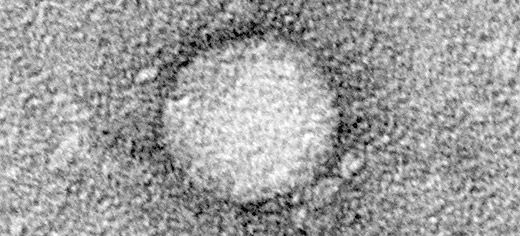
Professor Mark Harris, from the Institute of Molecular and Cellular Biology, has been appointed as a Wellcome Trust Senior Investigator, with £1.5 million funding to pursue his research goals.

Researchers from the Universities of Leeds, Edinburgh and Dundee have shed new light on the way that the brain protects itself from harm when 'running on empty'.
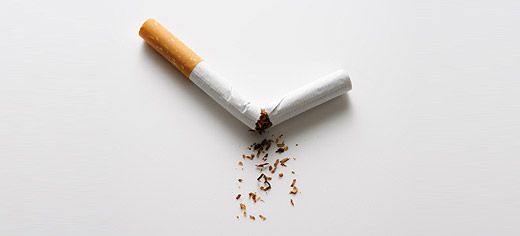
A new resource to help Muslim religious teachers educate their communities about the health risks of second hand smoke and the importance of having a smoke-free home is being launched in Leeds.
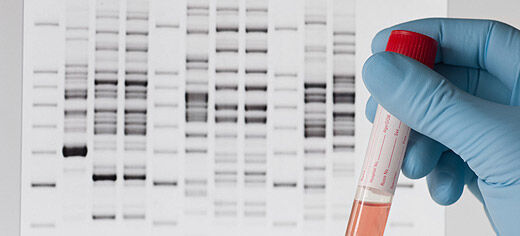
An international team of researchers has discovered the first DNA faults linked to melanoma - the deadliest skin cancer - that are not related to hair, skin or eye colour.
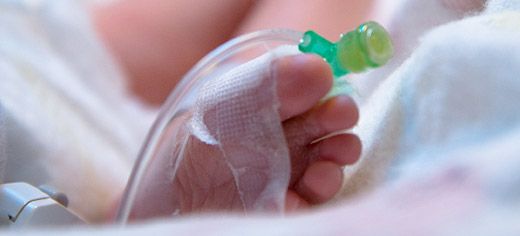
Standards of care in children's intensive care units come under scrutiny in a new audit report published today by the University of Leeds and the University of Leicester.
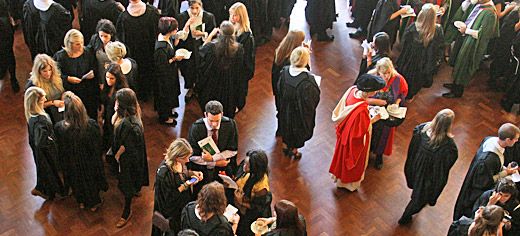
The professionalism of student doctors has been recognised in a special ceremony at the University of Leeds' School of Medicine - the first of its kind in the UK.

Fair-skinned people who burn quickly in the sun may need to take supplements to ensure they get the right amount of vitamin D, according to a new study.

Awareness of male breast cancer is low and most men do not even know they are at risk despite an increase in cases, reveals new research from the University of Leeds.

A drug used to protect bone may extend survival in older breast cancer patients, according to researchers at the Universities of Sheffield and Leeds.